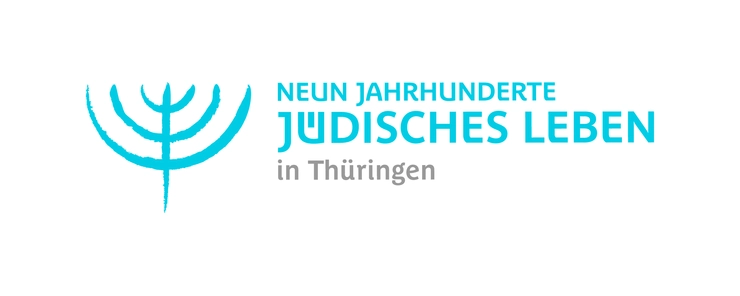For example, Maria Stürzebecher, the city of Erfurt's representative for the UNESCO World Heritage application, explains in the new booklet how the Jewish heritage was rediscovered in the city after 1989 and how it is still being made accessible today. Stürzebecher explains Erfurt's architectural and material testimonies, makes clear how costly the preservation and protection of this heritage has been, and shows what can still be discovered in the city with regard to testimonies of Jewish life. Historian Maike Lämmerhirt from the University of Erfurt provides the scientific background for understanding the story. She not only shows what is known about the medieval Jewish community in Erfurt. She also explains which questions medieval research must address today in order to be able to make statements about the concrete living conditions of Jews. Olaf Glöckner from the Moses Mendessohn Centre for European-Jewish Studies in Potsdam asks about the place of Jews in the GDR. He shows how they were able to develop and preserve identities even when contact with Western Jewry and Israel was cut off. Glöckner writes of the Jews' "will to assert themselves in the SED state". The theologian Dagmar Mensink, Frankfurt/M., takes a critical look at today's Jewish-Christian dialogue. She sees the time as having come for new border crossings. It is important to her that theology recognises contemporary Judaism without appropriating it for Christian identity. A further development of the exchange between Judaism and Christianity is needed.
The authors of the booklet, church historian Jörg Seiler and liturgical researcher Benedikt Kranemann, emphasise in the foreword that theology is obliged to engage with Judaism in an appreciative way, entirely in the spirit of the Second Vatican Council. The far-reaching questions that are connected with this, both historically and in the present, are documented in the articles in the current issue.
Theologie der Gegenwart
Butzon & Bercker, Kevelaer 2020, Heft 3
10 EUR

